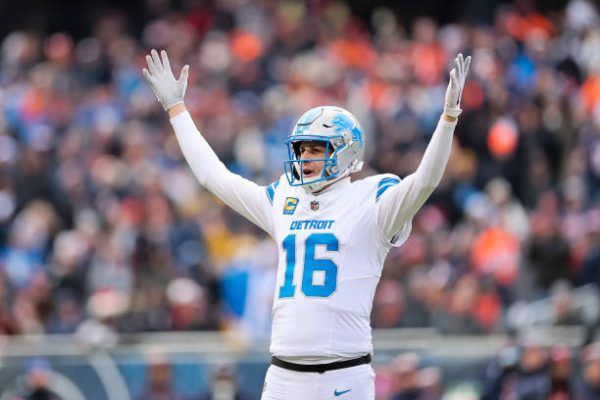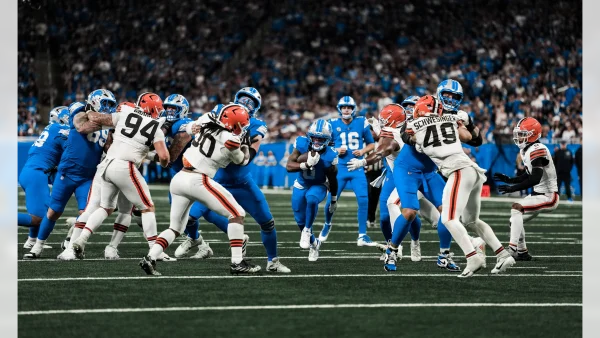Pistons frontcourt remains a work in progress
COLUMN
With a modest 3-4 record over the first seven games of the season, the Detroit Pistons have shown that they are still a team in transition.
Injuries have also been a major factor in the average start, as guard Richard Hamilton has been sidelined since the first game with a sprained ankle, and Tayshaun Prince has been sidelined indefinitely with a ruptured disk in his back.
With the team’s two longest-tenured players on the injured list, the Pistons have had to lean heavily on their $55 million man, Ben Gordon, as well as young guards Rodney Stuckey and Will Bynum. The trio has been able to keep the team in several games, taking over on offense at times.
Asking a backcourt to carry an entire offense for a full 82-game season, however, is highly risky — injuries, suspensions, or shooting slumps could derail the entire team’s progress. That’s where a team’s forwards and centers can make or break a season.
In addition to holdovers Kwame Brown and Jason Maxiell, the newly revamped Pistons’ frontcourt includes free agents Ben Wallace, Charlie Villanueva and Chris Wilcox, as well as rookies Jonas Jerebko and Austin Daye. None of them have come close to replacing the production of departed veterans Rasheed Wallace and Antonio McDyess.
Wallace has been a pleasant surprise thus far this season, averaging 9.6 rebounds, 1.29 blocks and 1.29 steals. The 35-year-old forward was expected to be a mentor to the team’s younger frontcourt players, playing limited minutes, but has found himself rejuvenated by the return to Detroit after stints in Chicago and Cleveland. Asking the 13-year veteran to continue at his current pace for an entire season, however, could prove difficult.
After a slow start this season, Villanueva has been able to find an offensive flow in the past three games, averaging 20 points per game on 59 percent shooting, as well as 5.6 rebounds in the same span. His most impressive game this season — a 28-point, five-rebound effort — came in that three-game stretch, a 110-103 loss to the Orlando Magic.
With the injury to Prince, Jerebko and Daye have both seen action, with mixed results.
Maxiell and Wilcox have only managed to play 17 and 10.5 minutes per game, respectively, and have done little to warrant any more playing time. Minutes have been sporadic for the two, as other frontcourt players have performed better.
A consistent frontcourt is imperative to a team’s success. While there have been bright spots in the first seven games, the frontcourt for this season’s Pistons team must be upgraded.
Rumors have swirled that trading one more of the mainstays from recent years — Hamilton or Prince, specifically — is likely at some point soon. The recent injuries to both players, however, could delay a trade.
One look at the league standings will show that team president Joe Dumars must make moves to upgrade his team’s frontcourt positions. Teams that have elite frontcourt players — like the Los Angeles Lakers (Pau Gasol and Andrew Bynum), Orlando Magic (Dwight Howard), Boston Celtics (Kevin Garnett), and Dallas Mavericks (Shawn Marion and Dirk Nowitzki) — are all leading or tied for first place in their respective divisions.
When the Pistons won the NBA championship in 2004, they lacked an elite big man. That championship, while greatly deserved, was more of an exception to the rule than the norm.
Professional basketball has evolved into a game that requires a dominant low post presence. For the Pistons to return to the championship level, they will need to find that presence.




